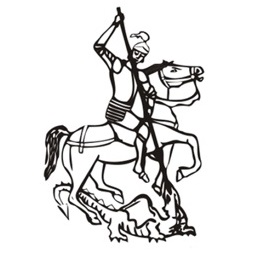
Bosnjak Family Page
This space is currently under construction, but soon it will be filled with stories, memories, and moments that define us. Stay tuned as we build a place to share our journey, traditions, and the love that keeps us together.

This space is currently under construction, but soon it will be filled with stories, memories, and moments that define us. Stay tuned as we build a place to share our journey, traditions, and the love that keeps us together.